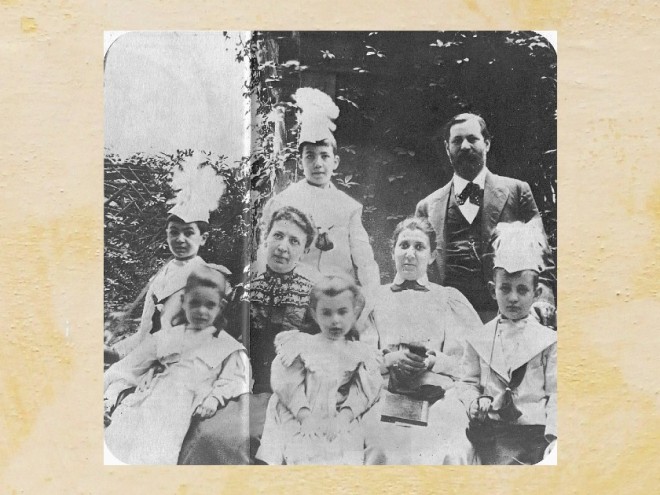After years of interruption and hesitation, noted literary critic and author Daphne Merkin has a new, searingly honest and intimate autobiographical memoir.
Ms. Merkin has been at risk of suicide throughout her adult life. Now, in late midlife, not a year has gone by where the thought and, at times, impulse and plan to end her life has not accompanied her. Her hopelessness and helplessness has been treated for decades by both psychopharmacologists and psychotherapists, along with periodic hospitalizations. Now more stable and in reasonably good health, Merkin continues to write review, edit, and teach. She is extremely close to Zoe, her devoted daughter and closest confidant.
But This Close to Happy remains unsettling to read. Hailed by readers for its candid and exquisitely sensitive description of her struggle with suicidal depression, This Close to Happy can also be read as a lengthy meditation or internal debate over her longstanding ambivalence about being alive, and the impulse to choose death hovers over the memoir throughout. There are just too many references to the imagined peace that self-annihilation and oblivion will bring.
How does one come to live with such a tentative and at times almost absent self-preservative drive? Even a cockroach races away when about to be crushed. Yet at times Merkin regresses into virtual inactivity with a loss of will and initiative. Efforts at self-reassurance abound with quotes from Rilke, a friend reminding her that “life is a gift,” and positive self-talk to navigate through her daily challenges. One hopes fervently that such self-care, along with medication and therapy, will allow Merkin to keep her powerful death drive at bay.
Merkin’s most life-affirming response to Camus’s fundamental question “Why not suicide?” comes through the pages of this remarkable work: she stays alive for her beloved Zoe. Surely a strong biological component plays a central role in severe depressive illness — however the devastating impact of her two hypercritical, autocratic, self-absorbed, and non-nurturing parents continues to haunt the author. Merkin depicts how utterly divorced her Orthodox parents were from Jewish values and ethics regarding the emotional needs of children. The cornerstones of menschlishkeit, human decency, along with parental compassion and empathy were rarely to be found in her childhood home.
This book is far too raw and real to be uplifting. It is thankfully free of “Oprah-esque” self-help cliches; still, the reader will be left rooting for Merkin to make it, to choose life unconditionally. Mental health professionals, both in training and long practicing, will find This Close to Happy essential reading. The memoir is a beautifully written, sophisticated, and compelling account of one person’s courageous struggle with the dark demons of a life-threatening illness.



